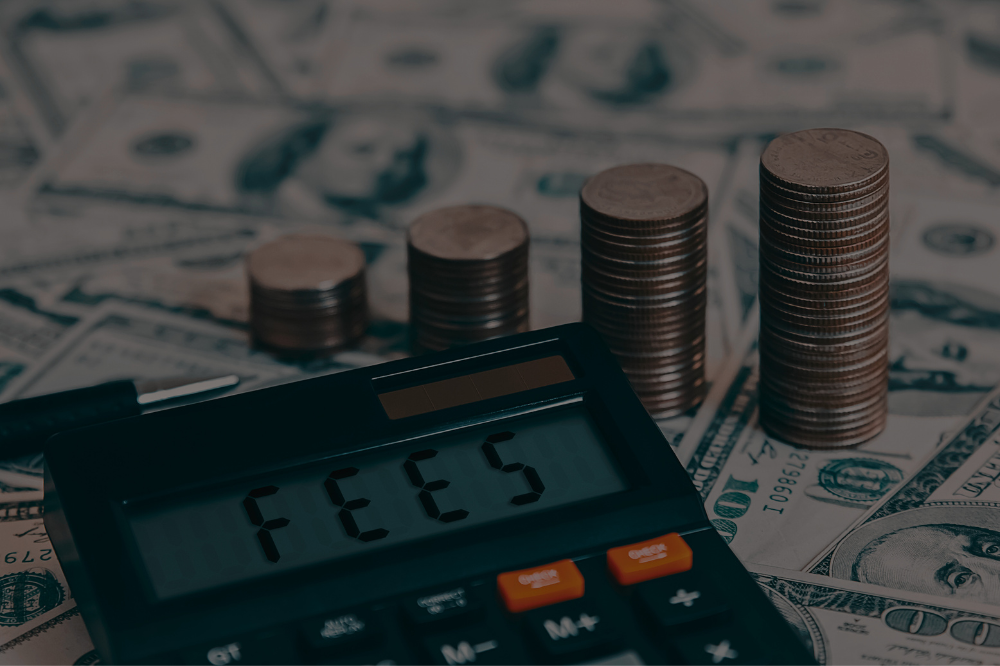Three of the nation’s largest retailers – Dollar General, Dollar Tree and Kroger – charge their costumers cash back fees, according to CFPB!
According to the Consumer Financial Protection Bureau (CFPB), three of the largest retailers in the U.S. – Dollar General, Dollar Tree, and Kroger – charge fees for those who ask for cash back during checkout, generating over $90 million annually.
Many stores provide cash back options when customers pay with debit or prepaid cards. However, the CFPB suggests that charging a fee for this service could be seen as taking advantage of certain customers, particularly those in “banking deserts” where access to bank branches or free ATMs is limited. This practice tends to disproportionately affect rural communities, lower-income individuals, and people of color.
While not all retailers impose these fees, those that do typically charge between $0.50 and $3 per transaction, the agency noted. In contrast, five of the eight companies the CFPB reviewed – Albertsons, CVS, Walgreens, Target, and Walmart – offer cash back without any fees.
“Fees to get cash back are just one more nickel and dime that all starts to add up. It just makes it harder and harder to get by. It’s thousands of little cuts at a time”, said Adam Rust, director of financial services at the Consumer Federation of America, an advocacy group.
A spokesperson for Dollar General argued that cash back helps customers save money compared to alternatives like check cashing or ATM fees. They emphasized that while Dollar General isn’t a financial institution, it offers cash back services at over 20,000 locations nationwide to assist customers who might not have easy access to their primary financial institution. Similarly, Dollar Tree charges a fee for cash back transactions to cover the costs associated with providing this service, as stated by a company spokesperson.
Cash Back Fees
Charging fees for cash back is a relatively new trend. For instance, in 2019, Kroger introduced a $0.50 fee for cash back up to $100 and a $3.50 fee for amounts between $100 and $300. This policy affected multiple brands under the Kroger umbrella, including Fred Meyer, Ralph’s, QFC, and Pick ’N Save. In January 2024, Kroger began charging $0.75 for cash back up to $100 and $3 for amounts up to $200 at its Harris Teeter stores.
Cash withdrawals from retail locations were the second most popular method for accessing cash between 2017 and 2022, accounting for 17% of all transactions, according to a CFPB analysis. However, retail cash withdrawals often have lower maximum limits, making it difficult to minimize fees by withdrawing larger amounts.
Retail advocates argue that banks are responsible for these cash back fees. When customers use debit or credit cards, merchants pay fees to banks, often ranging from 2% to 4% of the transaction amount. Since cash back amounts are included in the total transaction, merchants also incur fees on the cash given to customers.
Doug Kantor, general counsel at the National Association of Convenience Stores, noted that most retailers do not charge for cash back and, as a result, absorb the financial loss. “Banks have abandoned many of these communities and they’re gouging retailers just for taking people’s cards or giving people cash”, he added.
However, consumer advocates believe this perspective overlooks the benefits retailers gain by offering cash back services. “You’d think they’d see this as a free way to get customers: coming into [the] store because the bank branch isn’t there. Instead they’re going ahead and charging another junk fee”, Rust said.

